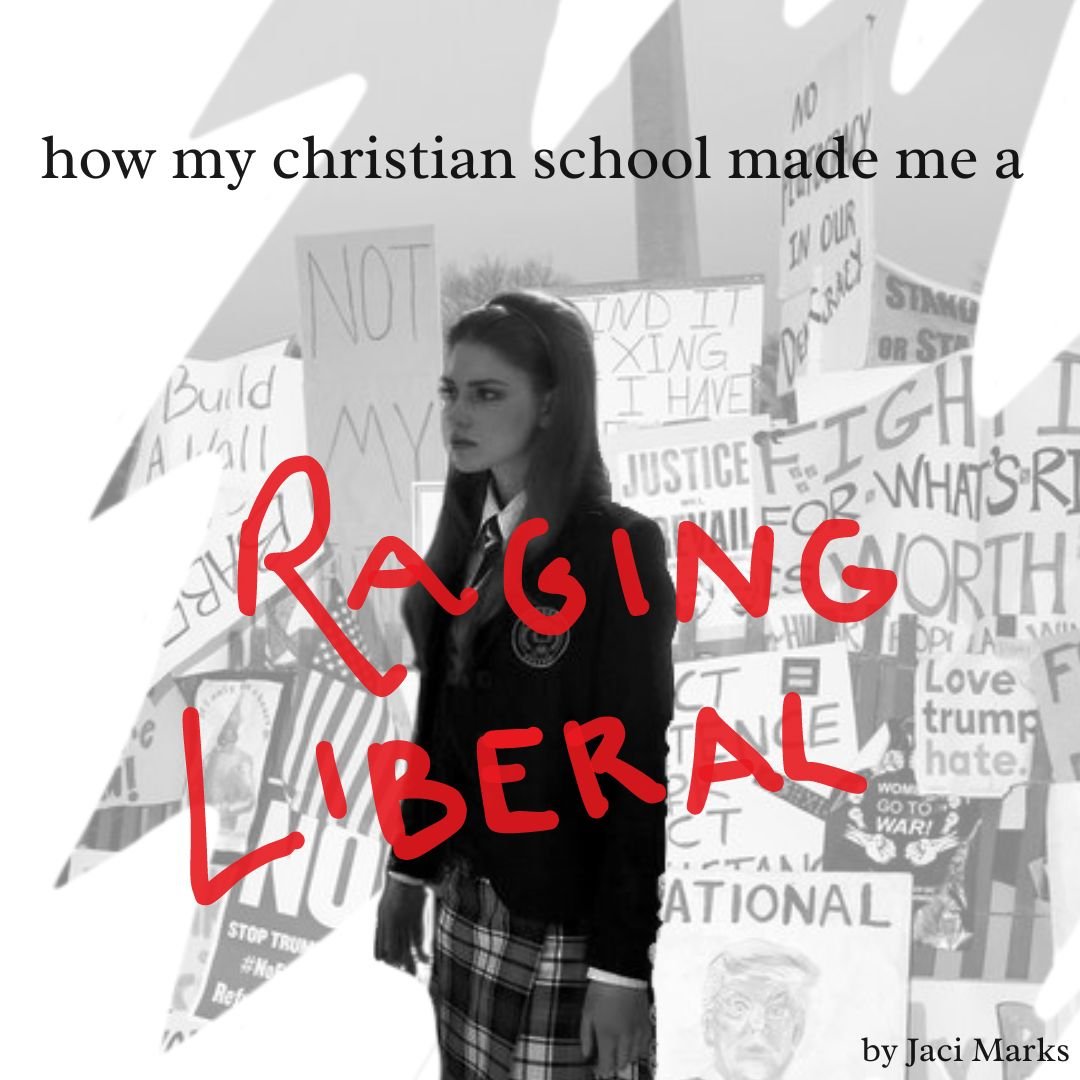Sexism, homophobia, racism, body-shaming, extremist conservative conspiracy theories—you name it, I’ve heard it. In seventh grade, my parents pulled me out of my public school and enrolled me in a small Christian school in central Pennsylvania. When I first arrived, I honestly really enjoyed my school. I was a middle schooler with new friends and a fresh start, and I didn’t care much about politics. However, when I got to high school, I started to see the problem.
It was my freshman year when I discovered feminism and what it truly meant to be a feminist, and I was proud of it. It was also my freshman year when I had a teacher tell me that male privilege does not exist and made us watch a video in class to prove their point.
It was my sophomore year when I started a new job which introduced me to new friends who were part of the LGBTQIA+ community—a community I had little to no exposure to. It was my sophomore year when I realized that these new friends would absolutely not be welcome at my school, let alone allowed to even attend it.
It was my junior year when I returned from quarantine and the Black Lives Matter movement was a focal point of the media. It was my junior year when I found out that one of my teachers had said explicitly racist and vile things to a student.
It was my senior year when I finally felt confident in my political standings. It was my senior year that I was singled out in classes for my beliefs. But it was also my senior year that I pushed back.
How could a place that preaches so much love be full of so much hate? My experiences at school were truly life-changing for me. I began retaliating in any way I could, reporting teachers, starting an Affinity club with my friend, and trying to educate any chance I got. While I made little to no change within my school, I can easily say, it had an impact on me. Through my time there I have become stronger in my beliefs, or maybe even a raging liberal, as they might say.

No Comments.